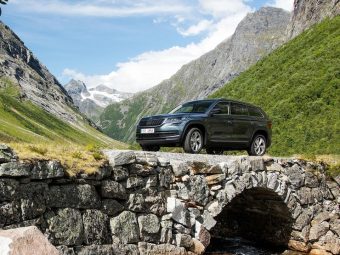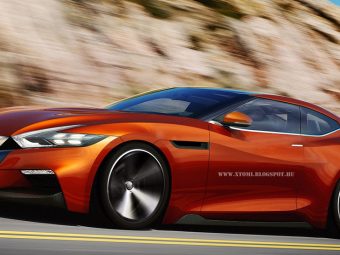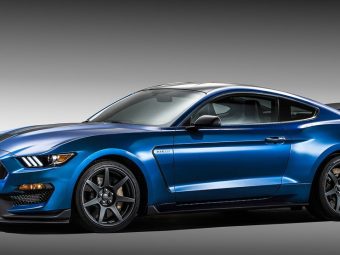Robots making robots is perhaps the stuff of Orwellian nightmares. Such a scenario, however remote, is a distant dream often written as fan fiction in a little known self-published dystopian sci-fi novel written part-time by a frustrated librarian. Or is it? The rise of the robot dystopian future is getting closer, albeit by tiny incremental steps. Volvo is planning to offer fully autonomous cars by 2022, by then Volvo will debut the next-generation XC90 which will be built on an all-new scalable platform, SPA2.
All future Volvo’s will eventually migrate to the SPA2 platform and they will share next-generation fully autonomous driving technology. Luminar, a U.S. tech firm, will provide the guts of this new fully autonomous hardware. The Luminor system is designed around a Lidar sensor that will be integrated into the roof. A Lidar system is in many ways similar to radar.
However, whereas radar uses radio waves (longer wavelength) Lidar uses light-waves. Lidar systems typically emit laser pulses at high frequency which offers considerable accuracy, but only over short distances. A Lidar system is able to build up a temporary 3D image of the environment without relying on interweb networks.
Tesla’s approach to autonomous technology differs, the company uses a combination of radar, GPS, and camera sensors. Indeed Elon Musk has labeled Lidar based autonomous driving technology as “a fool’s errand”. His reasoning? Lidar is more expensive, has more moving parts, requires more CPU processing power, and as a consequence impacts the reliability of both the hardware and software.
Volvo’s Lidar based fully autonomous driving technology will only be suitable for motorway/highway driving and will require a legal and technical framework to ensure the system is fully validated. In other words, Volvo will have to seek governmental approval to ensure such a system is safe to use.
There is one issue with the Lidar system Volvo wants to make use of. Current computer technology, that is to say, the raw processing power required to make a Lidar system function and respond super quick, is still primitive. Once the back-end technology improves then Lidar will make sense. Volvo may be jumping too quickly into a fully autonomous era in a bid to be first to market.








